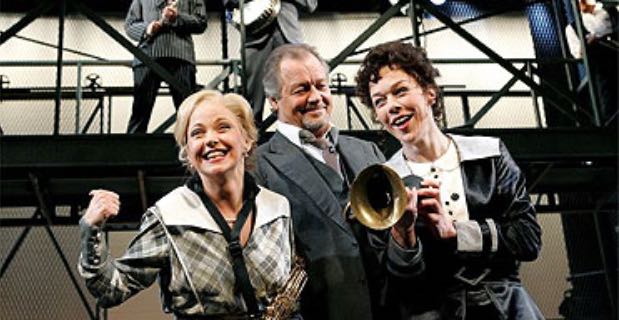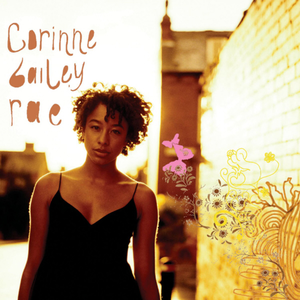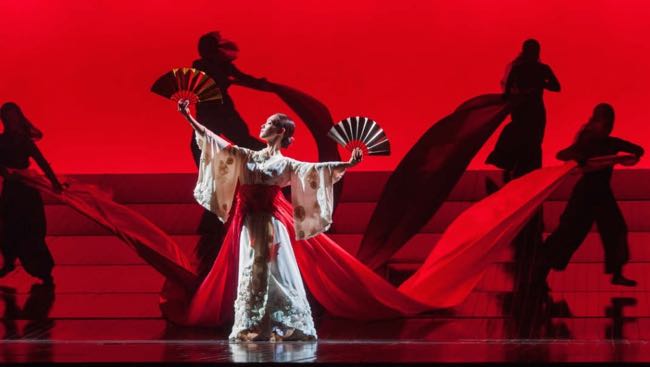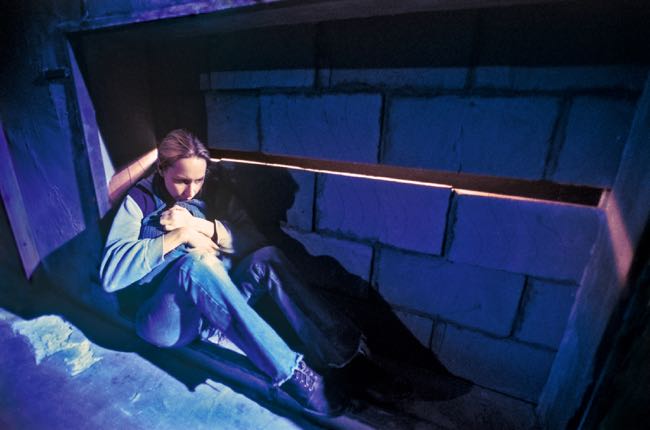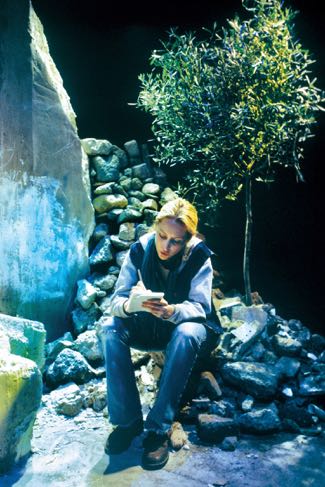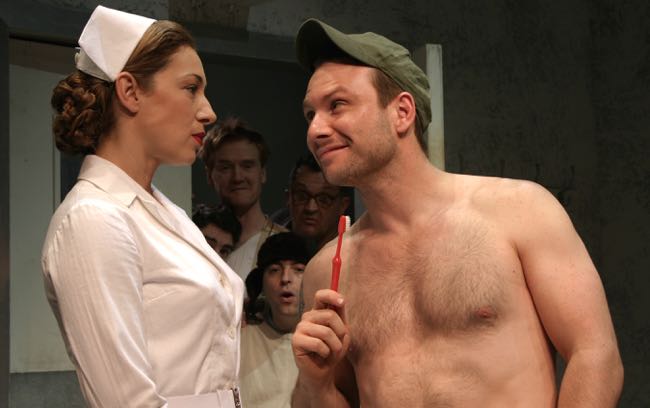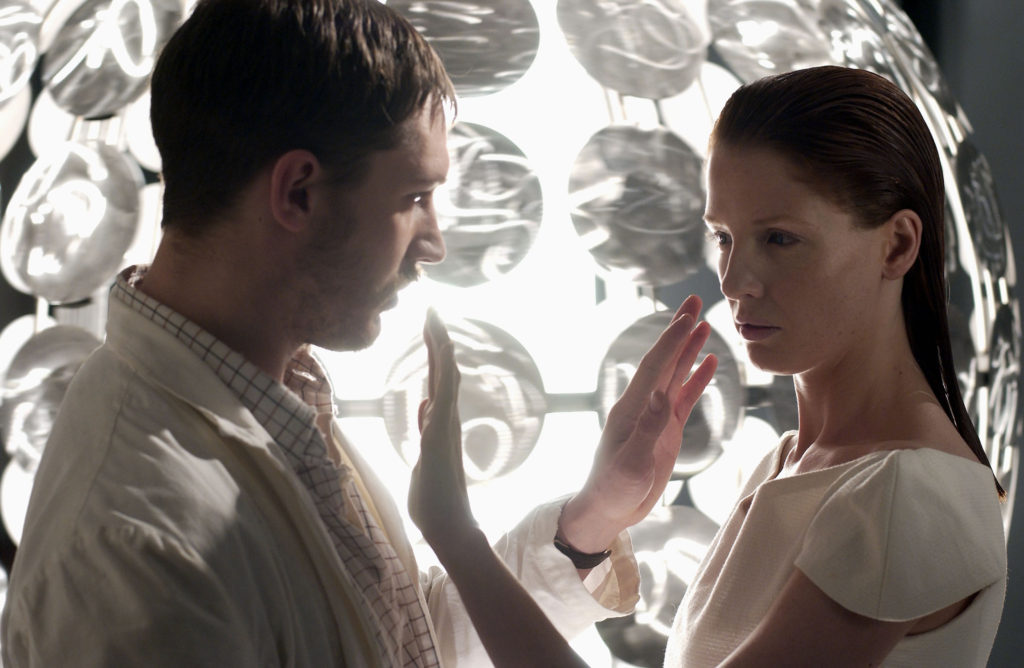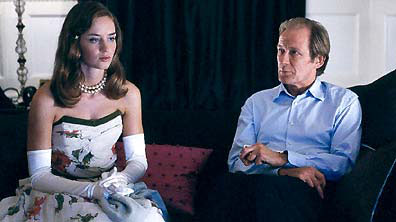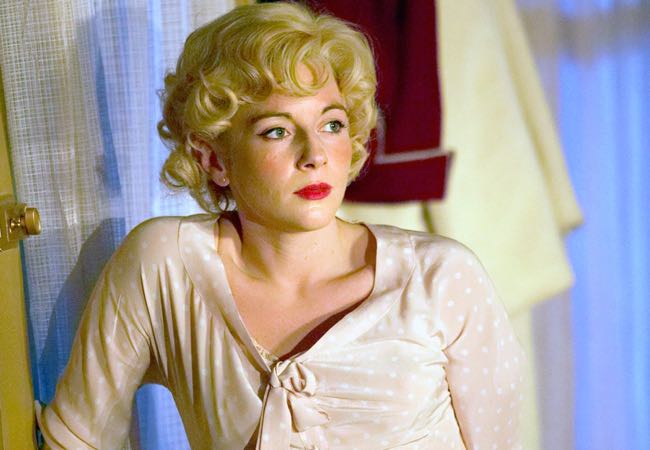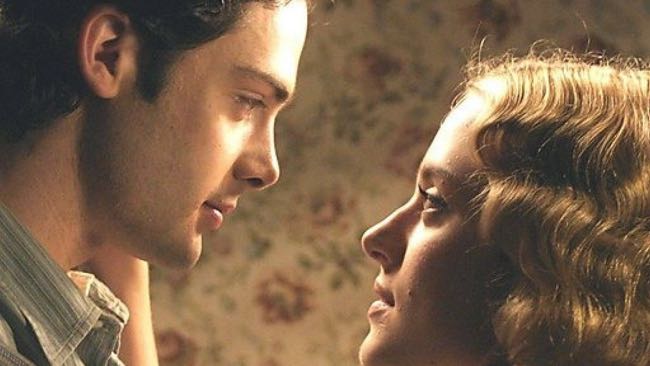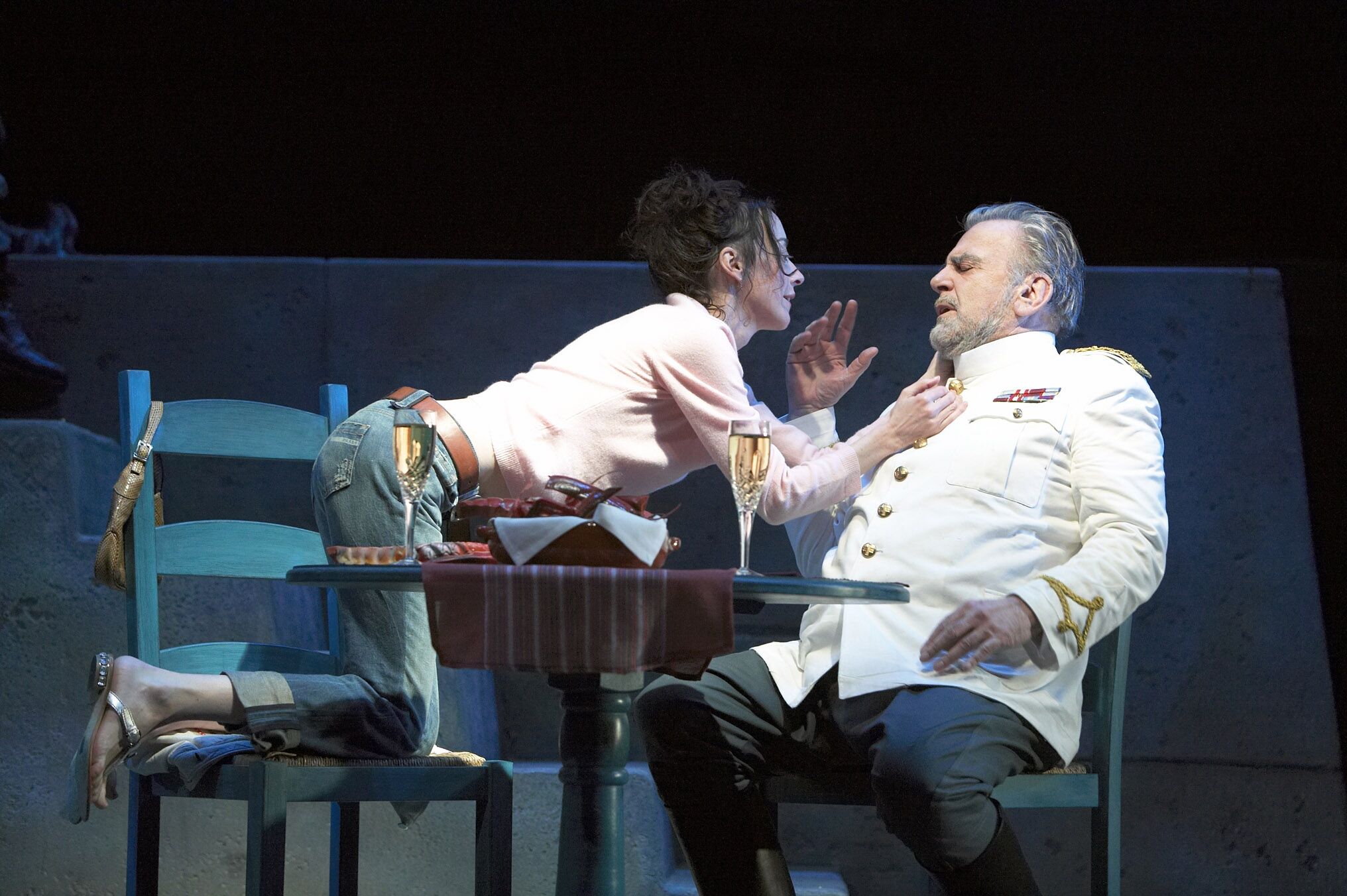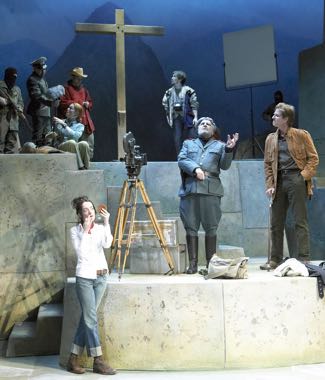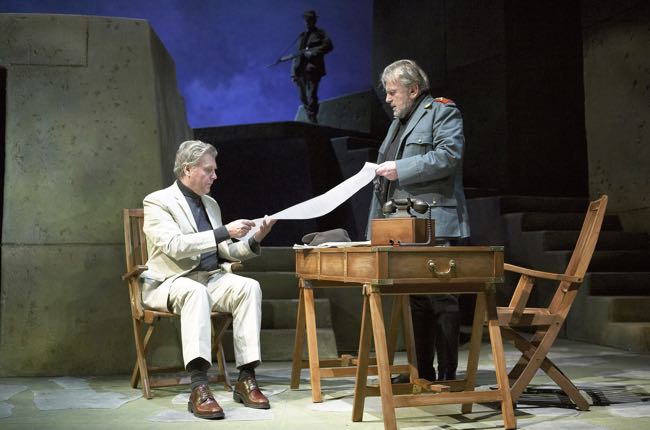By Ray Bennett
LONDON — Longtime U.K. resident and now British citizen David Soul has matured into a major theatrical star and playing opposite the dazzling Janie Lee (pictured, right) he has a surefire hit in a winning new production of the Jerry Herman Hollywood musical “Mack & Mabel.”
Soul plays filmmaker Mack Sennett, who left the indelible marks of not only the Keystone Cops but also the failed property development name that partly fell down leaving the Hollywood sign as the most famous landmark in Los Angeles.
Sennett was known for spotting talent and among the stars to benefit from his keen eye were Carole Lombard, Bing Crosby and W. C. Fields. In the silent era, he worked with great clowns such as Roscoe “Fatty” Arbuckle, Ben Turpin and Charlie Chaplin.
Mabel (Lee) was slinging hash in a diner when Sennett found her and turned her into one of the biggest comedy stars of the silent era. Songwriter Herman and book writer Michael Stewart obey the John Ford rule of printing the legend so that while in truth Normand’s life was overtaken by squalid events, here her successes are celebrated and given a happy ending.
First presented in 1974, the show failed to ignite on Broadway but it is in loving hands in the new production, which was developed in the small Watermill Theatre in Newbury, west of London, and has just transferred to the Criterion in the West End.
On a practical but atmospheric set and with most of the actors also playing musical instruments, the show’s simplicity is one of its charms. Mack is gruff and tough, and Mabel is in love. He is demanding but she is willing, and their films please millions.
Hollywood has its way, however, and soon her ambitions lean toward more serious filmmaking, which leads to a liaison with director William Desmond Taylor (Richard Brightiff). Taylor’s fate helped feed the dark legends of Tinsel Town’s early days with his murder the subject of endless speculation.
Herman doesn’t dwell long on such unhappiness, preferring to speed things along to the kind of fantasy that Hollywood does so well. The score is fun and the songs have witty, grownup lyrics. The energetic cast gives full measure and Lee is a delight as Mabel, both in her comedy sketches and her singing.
Soul is in splendid form with just the right touch of regret in his voice on the memorable number “I Won’t Send Roses” and still full of fading optimism for the closing “I Promise You a Happy Ending.”
Venue: Criterion Theatre, runs through July 22; Cast: David Soul, Janie Dee, Matthew Woodyatt, Richard Brightiff, Tomm Coles, Robert Cousins, Michelle Long, Robin Pirrongs, Jon Trenchard, Simon Tuck, Sarah Whittuck; Music and lyrics: Jerry Herman; Book: Michael Stewart, with revisions by Francine Pascal; Director: John Doyle; Designer: Mark Bailey; Lighting designer: Richard G. Jones; Sound designer: Gary Dixon; Arrangements and music supervision: Sarah Travis. A Watermill Theatre Production presented by Laurence Myers, Jon Wilner and Richard Temple.
This review appeared in The Hollywood Reporter. Photo by Tristram Kenton.

